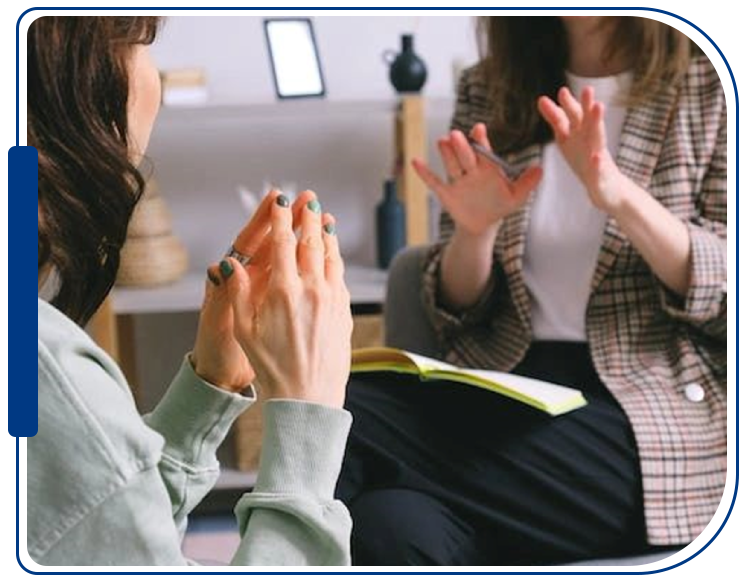
Consultations
I provide Consultation services. A Consultation Session is a 60-120 minute meeting with me. People seek consultations for many reasons. They may want to:
A Consultation Session is a therapeutic intervention. We will spend time discussing specific questions you have. I will provide recommendations, and sometimes help you clarify diagnostic and treatment questions. If you think a consultation may be helpful, please reach out to me by sending me an email or filling out an inquiry on my Contact page.
Please note, a Consultation is a billed service and different from my free 15-minute phone call to answer questions about my practice. If you are not sure what type of appointment would be most helpful to you, please send me a message through my Contact page, or email or call my office and I will help you figure out what service will be most useful to you.
